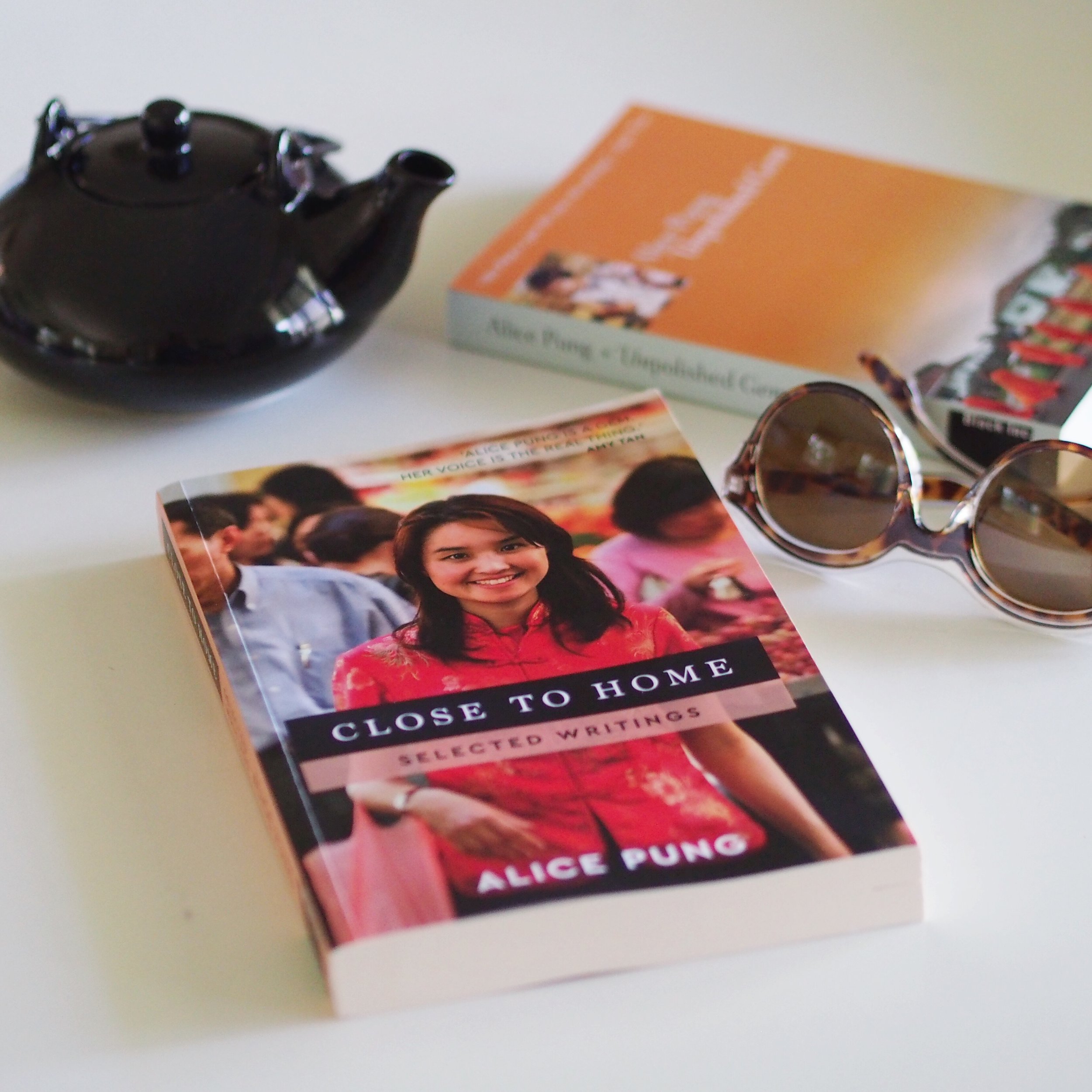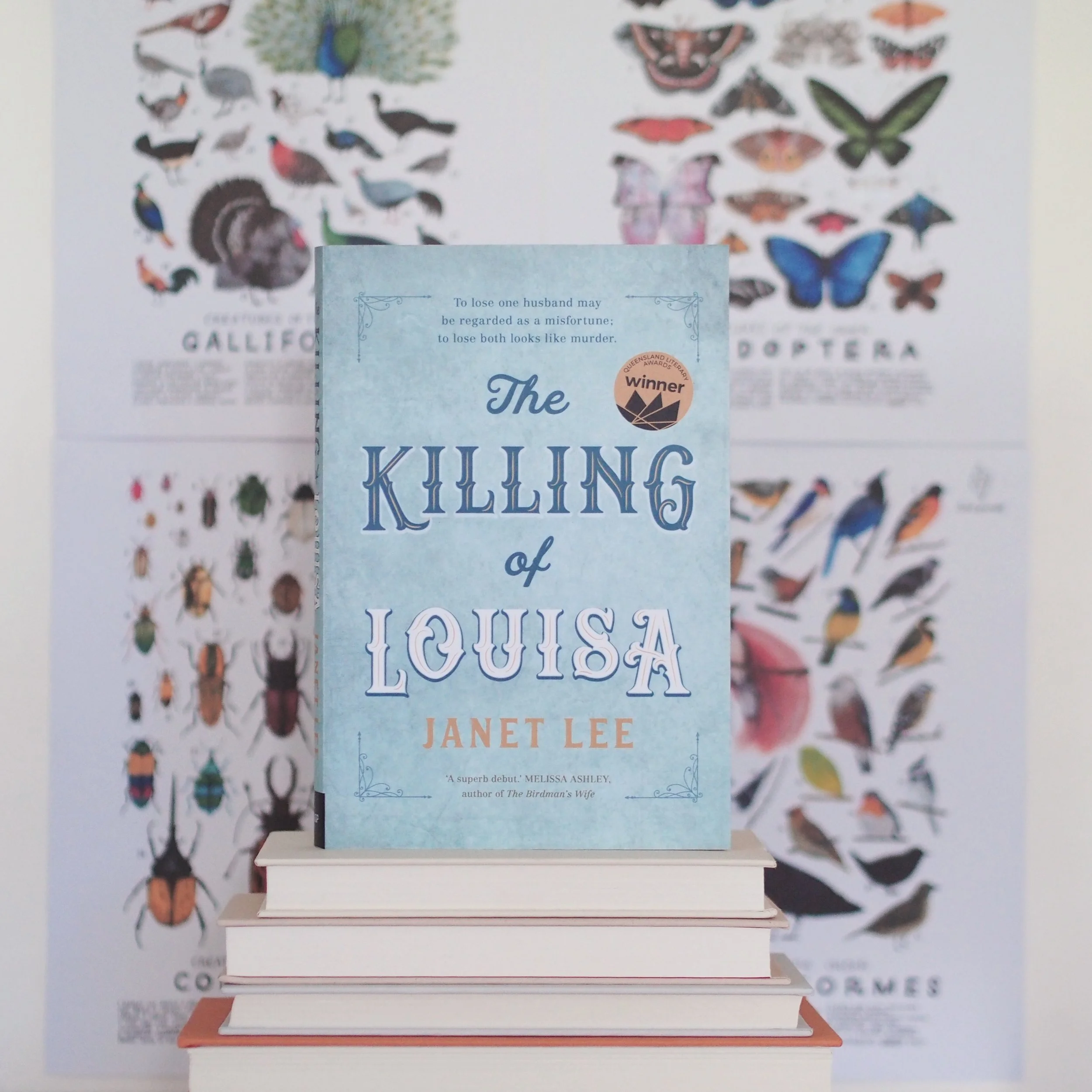Monkey Grip & me
"I grinned too, and shrugged, and felt again the moving of that reluctant love for him, in spite of all reason."
For many of us who have grown up around Australian literature, Helen Garner is a familiar and revered name. So it was something of a surprise to me to realise that I'd only read shorter pieces by Garner, never anything longer. Monkey Grip is, then, my first experience of one of her novels, and it's showing me why this author is held in such high esteem.
To me, the most powerful aspect of Garner's writing is that it is so incredibly evocative. With just a few words, Garner is able to evoke images so strong it becomes entirely possible to inhabit the writing, to see what the character sees, to feel what she feels, to experience the sensation of the sun on your own skin. Her picture of 1970s Australia feels deeply familiar while also being unfamiliar; I find myself envying those who live in Melbourne and can experience that peculiar satisfaction of recognising beloved streets and landmarks and suburbs within the text. There truly is something remarkable about this beautiful prose.
It might seem strange to call a novel beautiful when it is brimming with ugliness. For Monkey Grip is also ugly, exploring the strange connection of love that lingers even when there is no worthiness, a bind that exists even when the love itself is a thing broken and unhealthy. "Terminal naivety was my disease," the novel's narrator Nora confesses, bumping up against this naivety again and again as she is dragged along in a desperate cycle of loving someone caught in the grip of addiction. Nora and Javo and the other free spirits they live with float in and out of one another's homes and lives with both ease and unease, defined by their rootless existence. Nora's daughter, Gracie, grows up in this world of revolving doors, loosely-defined days, and recreational drugs, and I ache for her.
There's a jarring honesty to this novel that is both discomfiting and deeply moving. The fact that it is also largely autobiographical imbues it with its devastating, startling genuineness. I marvel at Garner's daring commitment to a realist depiction of a flawed world and flawed characters, as well as the way her words cut through the noise. As Charlotte Wood says in this new edition's introduction (#dontskiptheintro), "The lives may be chaotic; the language is anything but."
Monkey Grip
Helen Garner
This edition published October 2018 by Text Publishing
Literary fiction, 352 pages






